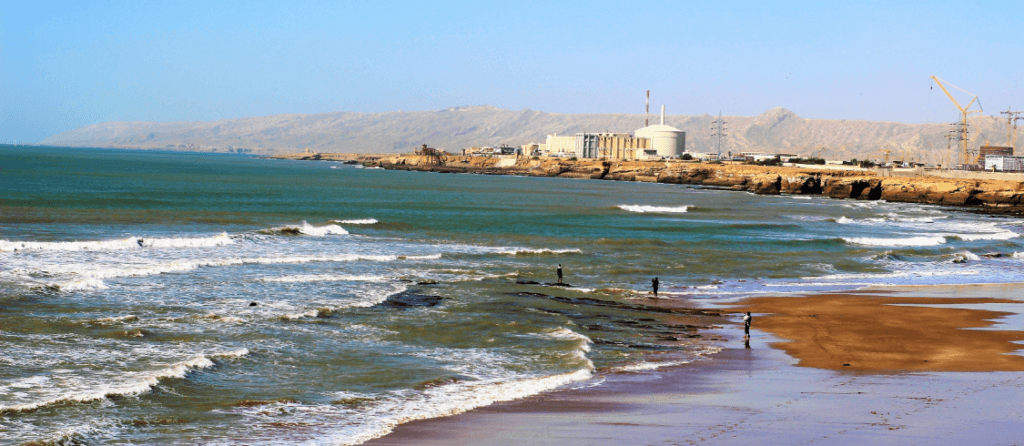The frequency of tropical cyclones and deep pressure systems in the Arabian sea has increased 10 times in the last 20 years because of continuous sea-surface temperature rise, and in the upcoming years, the occurrence of more tropical cyclones is feared as the temperatures keep rising.
“In addition to the more frequent formation of intense tropical cyclones, the rise in seawater temperature is resulting in sea-level rise which can seriously affect coastal ecosystems, destruction of agricultural lands, along the coastal belt and may result in mass migration due to loss of livelihood,” former Director-General, Pakistan Meteorological Department (PMD) and Regional Program Manager Center for Mountain Development (ICIMOD, Dr. Ghulam Rasool said.
He was speaking at a three-day online training workshop on “Sea-level rise and implications for Pakistan” jointly organized by the UK Met Office and International Centre for Mountain Development (ICIMOD) in partnership with Pakistan Meteorological Department. Source: Geo News
Director-General PMD Dr. Muhammad Riaz acknowledged the threat to Pakistan’s coastal areas due to a rise in sea level in the near future.
Pakistan has the world’s highest mountain ranges of the Himalayas, Karakoram, and Hindukush, hosting the third largest ice mass in the form of glaciers after the polar regions and present a unique mountain ecosystem that is exposed to various climatic and non-climatic challenges.
“The central parts have vast rangeland and desert ecosystems with some indifferent characteristics. More than 1000km long Sindh-Makran coast offers a diverse coastal ecosystem, which however is highly vulnerable to the coastal disasters triggered by global warming and climate change,” he warned.



Comments are closed.